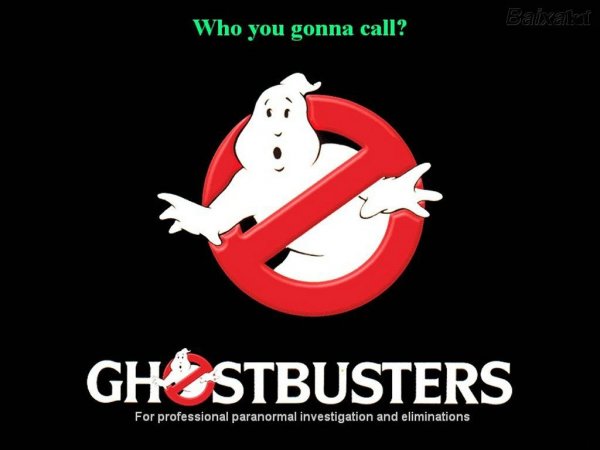It is frustrating without doubt. Usually where there is say two symphonies or two concerti on the same disc, each one will have a single group of settings. It's often difficult to find one setting that works for both unless they were done in the same take. It can't be helped, that's the nature of it. The other thing is that I get to a group of settings that sounds good, I come back later and then it's not what I remembered. It isn't until I leave it and come back and it still sounds right several times that I'm satisfied....until the next time. I guess my ears get used to hearing it a certain way, then I have to wait until I'm unused to it again. It's a repetitive process that kind of zooms in. Imagine those early color TV sets. You had to adjust color intensity, tint, brightness, and contrast for every channel. Now imagine a lot of them and every time you change one all the others seem to change with it. It kinda feels like that. For example, I set the RT time. Then I decide to increase the reverberant field level with respect to the direct field. That results in increasing RT so I have to back off. Altering the rate of treble falloff not only affects the perceived tone, it affects the sense of space. Decreasing the rate increases the sense of space but it also makes the sound brighter. That means back off on the input signal equalizer high end. If a commercial product were ever to come out of this, all such adjustments would have to be performed automatically, by the equipment iteslf based on coded instructions embedded in the software. It's simply beyond what any user could do. It sometimes feels like it's beyond what I can do too and I invented it

Speaking about adjustments, I'm suprised audiophiles aren't more particular about the fact that there don't seem to be many things you can do with today's sound system to adjust them to room acoustics or to differences in recordings. A lot of people experiment with sound absorbing and reflecting panels but this adjusts the room to the system, not the system to the room. Lately there's been use of what's called "room correction." This is nothing more than automatic equalization. The problem with using this with conventional speakers is that the adjustment affects both the direct and reflected sound you hear, there's no way to adjust them independently of each other. And then how do you deal with variables of recordings? Does this mean expensive systems can only play a limited number of recordings that are suitable for them? I once asked JA on another site considering that he will tweak a 64 band graphic equalizer to within 1/10 db (he claims his hearing is that sensitive) but he would never consider budging even a bass or treble control on a preamp to tame a shrill recording or a boomy one or to brighten up one that's dull or muffled or improve one that's thin. How can audiophiles accept such limitations. And then they are constantly swapping these expensive cables to find one that "works for them." It all seems very strange to me. First you're convinced not to use an equalizer, a very powerful and effective tool but then you struggle to get the same result by means that are hit or miss, expensive, and you never know if they'll work. Why is that OK?
Yes it is hard even for a well practiced ear. It's a skill that can be acquired by practice and experimentation. The alternative is to accept whatever comes out...or throw a blanket over the speaker



